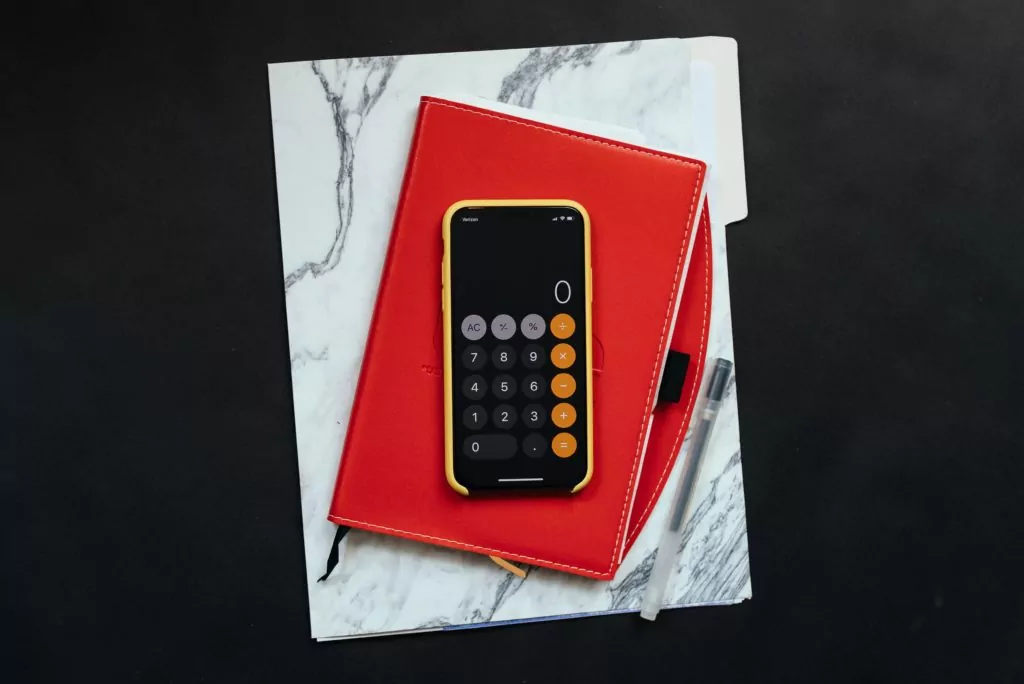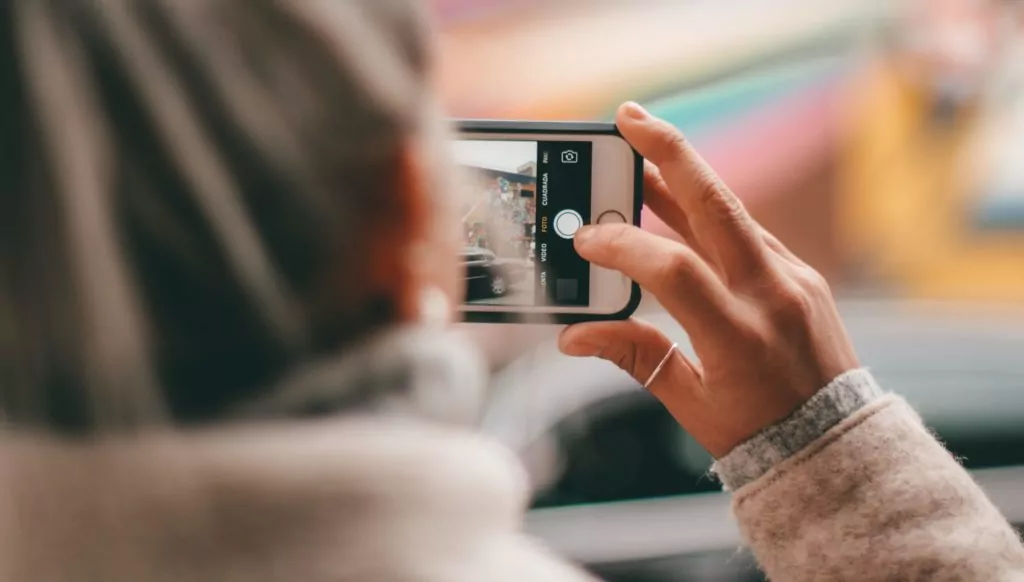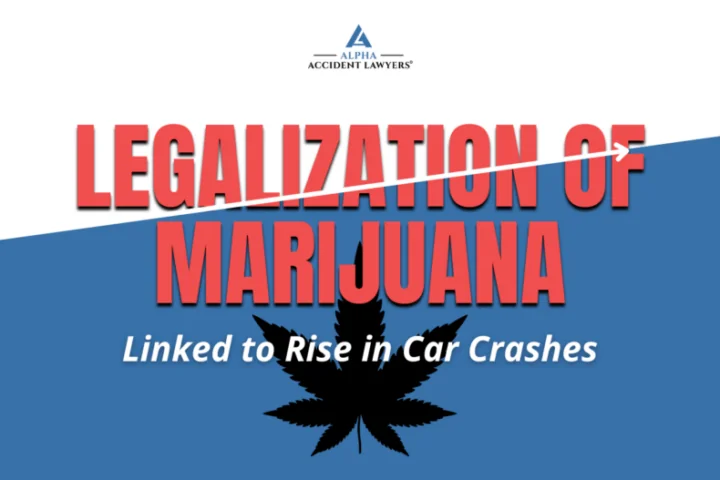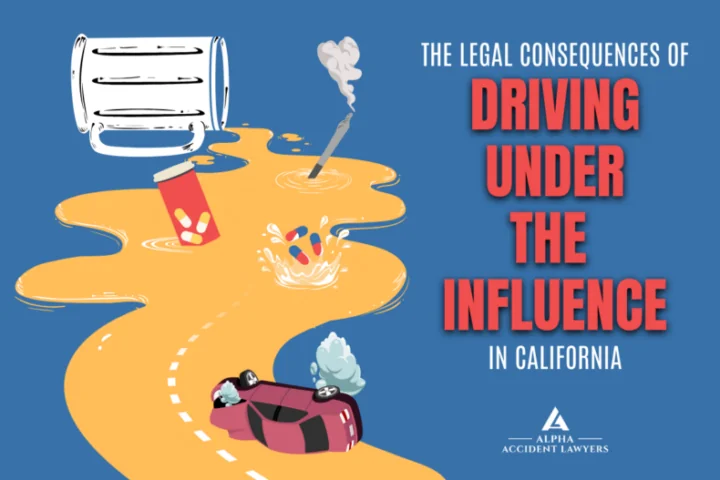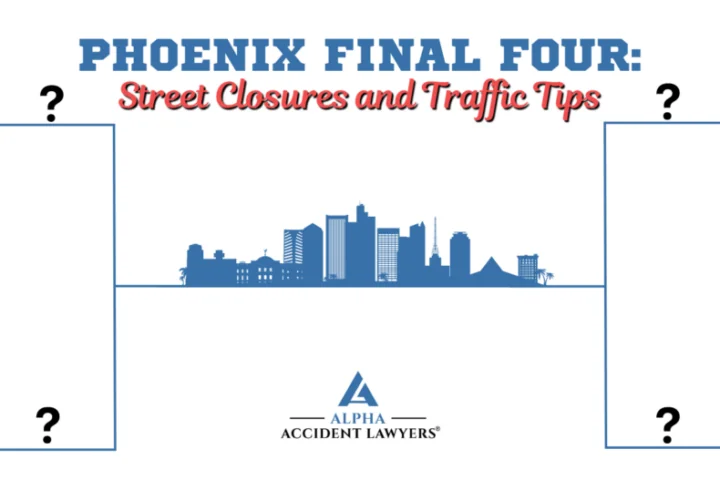Motorcycle Accident Documents
In 2019, nearly 84,000 people were injured in motorcycle accidents. If you were injured, you are entitled to a fair settlement. In order to make this happen, you will need to obtain and provide motorcycle accident documents. The thrill of riding along the open road on a motorcycle is indescribable. However, if you are involved in an accident, the aftermath can be pretty detrimental to your well-being and overall health.
Were you recently injured in a motorcycle accident? If you plan on seeking legal representation, your personal injury attorney will require some documentation. Keep reading to see what motorcycle accident documents you should present when you meet with your lawyer.
1. Copy of the Police Report
One of the most important motorcycle accident documents an attorney will want is a copy of the police report. This is the official account of the accident that officers complete at the scene. This report details all the involved drivers’ information, including driver’s license number, auto insurance information, car registration, and also statements from witnesses and the drivers.
When the officers arrive at the scene, they take detailed notes about everyone and everything. The officer also makes notes about who is responsible for the crash. They will detail what happened before the accident and provide documentation that can be used for future litigation.
If you didn’t get a copy, you can just contact the precinct at the accident location. They will help you get a copy. The officer on the scene may also give you information on how to get ahold of this report.
2. Your Insurance Policy
Even if you are not at fault, your motorcycle accident lawyer still needs a copy of your insurance policy. You may also need your health insurance information. We’ll discuss this in detail later.
Another form of motorcycle accident documents that you will need are copies of information and communication correspondence you have with your insurance company about your accident. This includes any chats, emails, letters, or phone conversation notes.
Additionally, bring any information you have about the other party’s insurance. This includes any correspondence, like e-mails or voicemails. With that being said, you should refrain from conversation with the other insurance company until you talk to your lawyer.
3. Medical Bills and Records
You should always get checked by a physician after an accident—even if you don’t have any noticeable injuries. This is because some injuries take time for symptoms to appear. Be sure you show medical records of all your doctor’s visits from your motorcycle accident injuries. This includes prescriptions, therapy visits, treatments, and any bills. Keep a file with all your medical costs. Your lawyer will probably help you recover these expenses, but you need to keep accurate and complete records.
If your health insurance paid any of your medical expenses, your lawyer will need the information as well because the insurance company will reimburse your health insurance for these costs. The court needs to see that your treatment is valid for your injuries, so ask your doctor for notes about your conditions and recommendations for treatments.
4. Motorcycle Accident Documents Proving Lost Wages
Most likely, you missed work for a certain period of time after the accident. You need to have details of your missed of your wages, so you can verify lost wages. These documents include W2 forms and previous pay stubs. You may also need to document the time you miss even after you return to work to get medical care or treatment like therapy for your accident injuries.
5. Written Personal Account
You should also write a personal statement to give your attorney about the accident. This includes any photos and details of what you recall from the accident. You should write this statement as soon as possible because the details get fuzzy over time. You should include what happened before, during, and right after the accident.
6. Photographic Evidence of Accident
As we mentioned above, photos are proven evidence to support claims of an accident. If you are in an accident and are able, take photos of the damage and the scene for your records. If you have any photos and videos, be sure to bring them to your attorney. These photos may include something that was left out of the accident report, and they are incredibly valuable if your case goes to court.
7. Damage Reports
If your motorcycle was damaged, take it to a mechanic for a repair estimate as soon as possible. If you wait too long, it may be more difficult to prove that any dings, scratches, or other mechanical issues are related to the accident.
This document helps your lawyer understand the extent of your property damage. They will include this figure in your final compensation to make sure your bike is back to its original condition or you will get a replacement of the same value depending on the damage.
8. Witness Information
Witnesses are great resources. Before you leave the scene, you should get their contact information. Your attorney will most likely want to contact these people for their opinion on the accident and the events afterward.
The accident report will have some witness information, but it’s best you get information from everyone if possible. This also includes people that may not have witnessed the accident but stuck around to help afterward because they still saw the scene and the injuries right afterward.
Bring These Motorcycle Accident Documents when Meeting Your Lawyer
Being in an accident is a scary and stressful time. You are recovering from your injuries and dealing with other stress related to the accident. It’s important that you keep all these motorcycle accident documents together so you can equip your lawyer with the right amount of details.
Looking for a lawyer? We are here to help! We have years of experience dealing with accidents just like yours. Let us help you get through this trying time. Contact us today for a free evaluation of your case.

